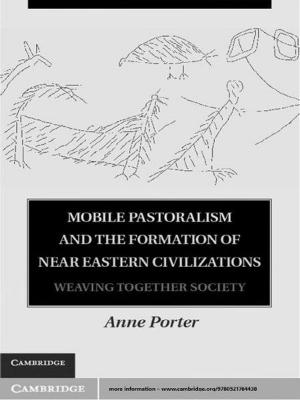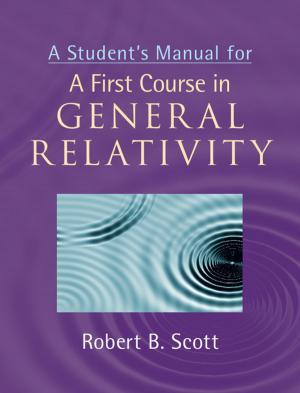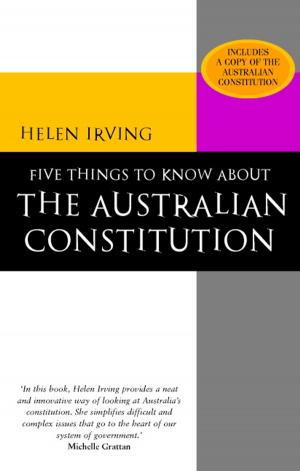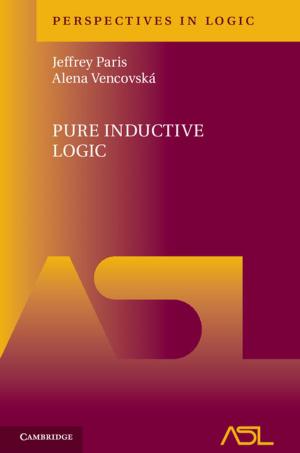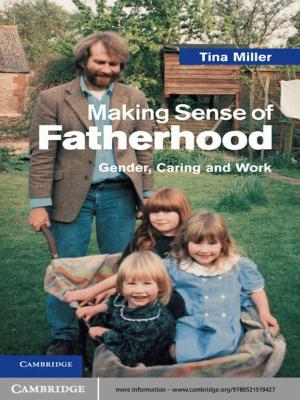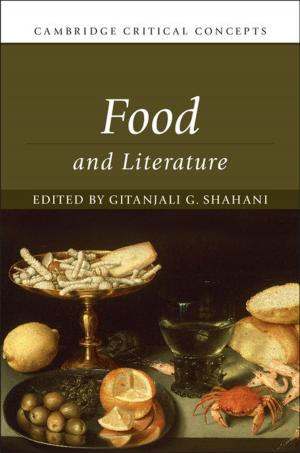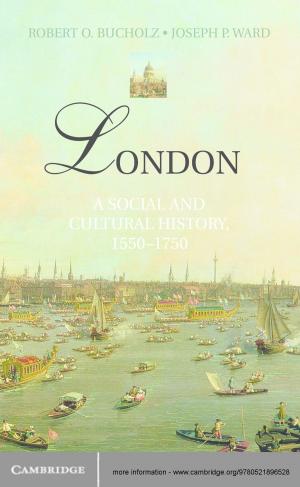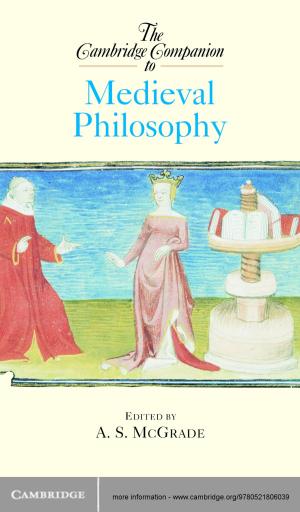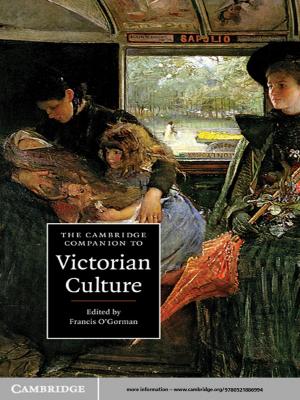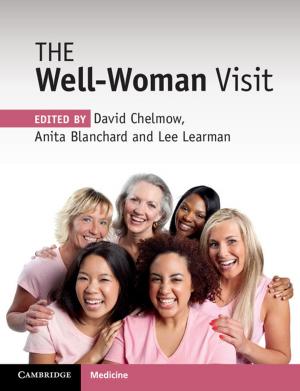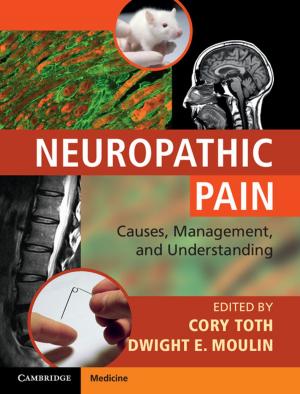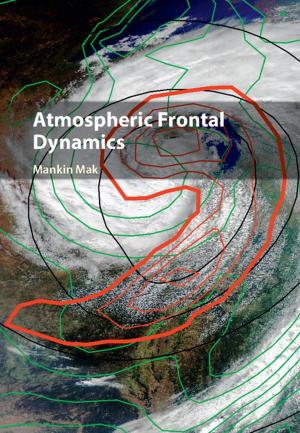Immigration and Refugee Law in Russia
Socio-Legal Perspectives
Nonfiction, Reference & Language, Law, Social & Cultural Studies, Political Science, Social Science| Author: | Agnieszka Kubal | ISBN: | 9781108285001 |
| Publisher: | Cambridge University Press | Publication: | March 31, 2019 |
| Imprint: | Cambridge University Press | Language: | English |
| Author: | Agnieszka Kubal |
| ISBN: | 9781108285001 |
| Publisher: | Cambridge University Press |
| Publication: | March 31, 2019 |
| Imprint: | Cambridge University Press |
| Language: | English |
Immigration and Refugee Law in Russia confronts the issue of access to justice and the realisation of human rights for migrants and refugees in Russia. It focuses on everyday experiences of immigration and refugee laws and how they work 'in action' in Russia. This investigation presupposes that the reality is much more complex than is generally assumed, as it is mediated by peoples' varied positionalities. Agnieszka Kubal's primary focus is on people, their stories and experiences: migrants, asylum seekers, refugees, immigration lawyers, Russian judges, and the Federal Migration Service officers. These actors speak with different voices, profess different ideologies, and hold opposite worldviews; what they hold in common is their importance to our understanding of migration processes. By this focus on individual views and opinions, Kubal highlights the complexity and nuance of everyday experiences of the law, breaking away from the portrayal of Russia as a legal and ideological monolith.
Immigration and Refugee Law in Russia confronts the issue of access to justice and the realisation of human rights for migrants and refugees in Russia. It focuses on everyday experiences of immigration and refugee laws and how they work 'in action' in Russia. This investigation presupposes that the reality is much more complex than is generally assumed, as it is mediated by peoples' varied positionalities. Agnieszka Kubal's primary focus is on people, their stories and experiences: migrants, asylum seekers, refugees, immigration lawyers, Russian judges, and the Federal Migration Service officers. These actors speak with different voices, profess different ideologies, and hold opposite worldviews; what they hold in common is their importance to our understanding of migration processes. By this focus on individual views and opinions, Kubal highlights the complexity and nuance of everyday experiences of the law, breaking away from the portrayal of Russia as a legal and ideological monolith.

